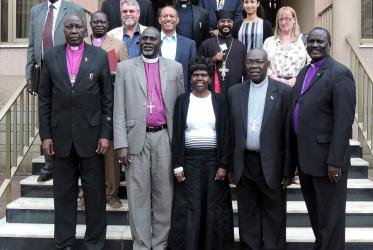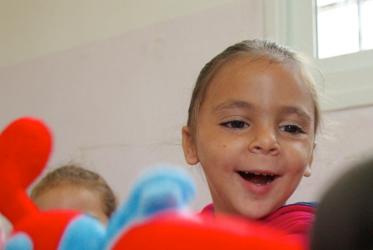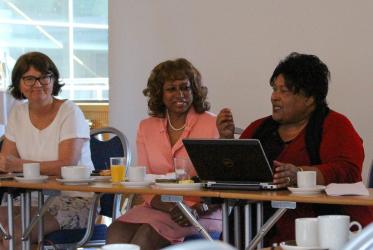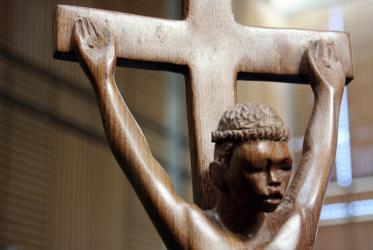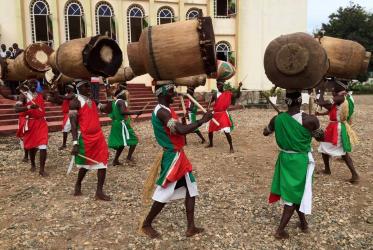Displaying 261 - 280 of 360
In Ghana, women bring open minds, honest words
05 July 2016
New Executive Committee members elected in Trondheim
28 June 2016
Tveit in South Africa: “ We know. We dare. We can.”
12 June 2016
WCC conference explores ecological injustice in Uganda
21 April 2016
South Sudan’s church leaders call for hope at Easter
24 March 2016
Calls for peace in Burundi grow louder
10 March 2016
